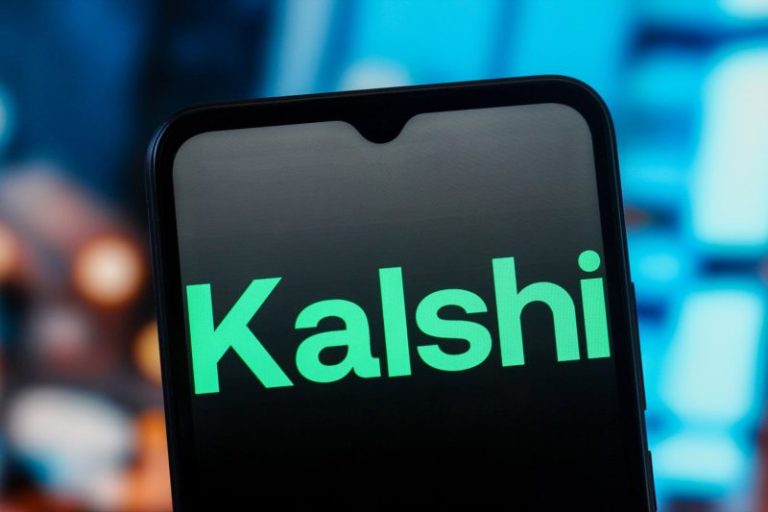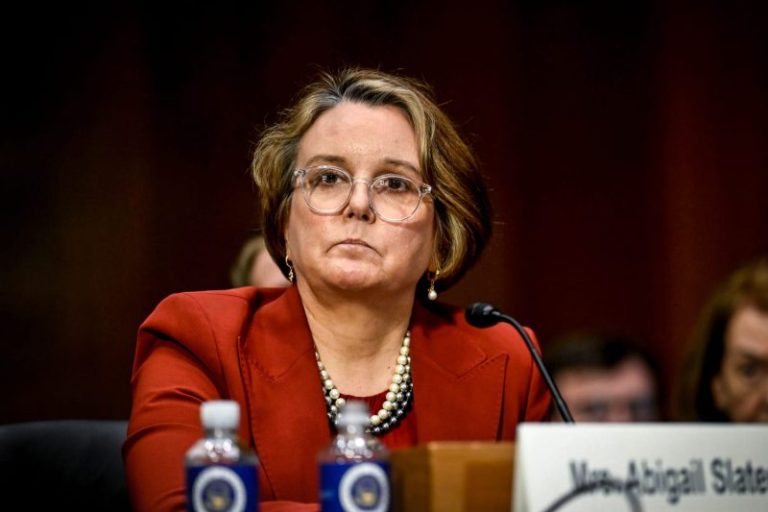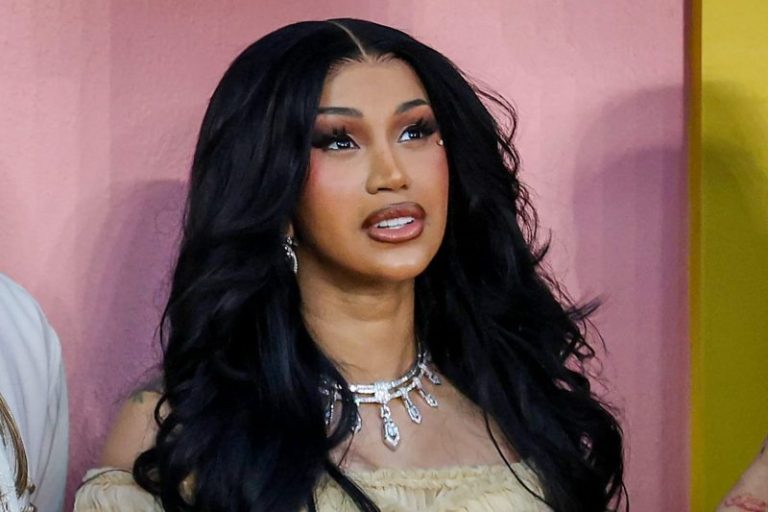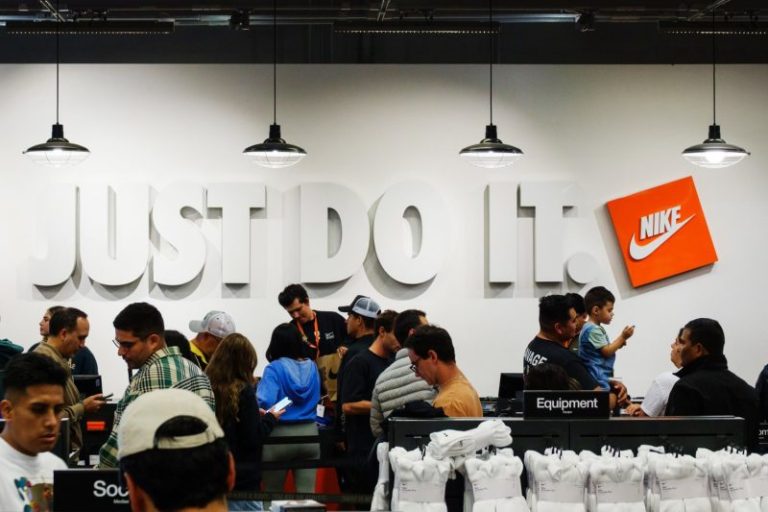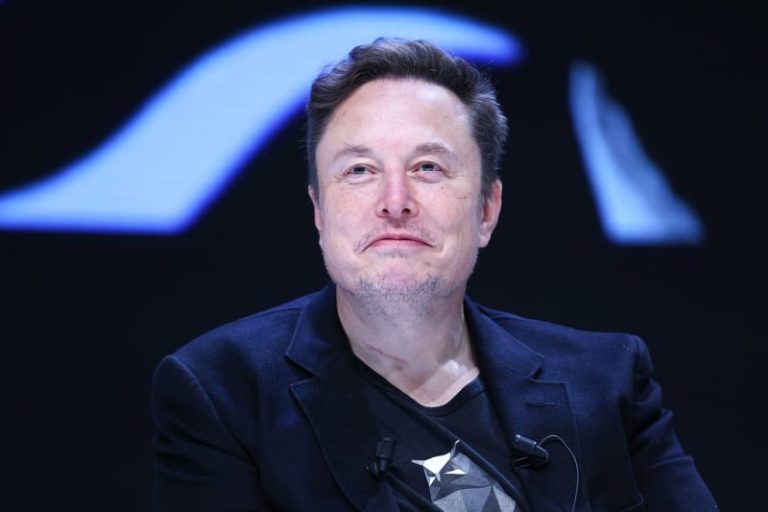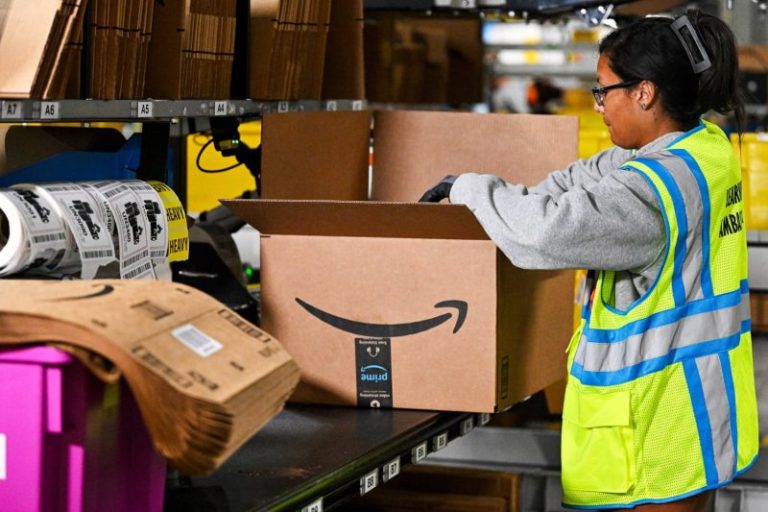The Commodity Futures Trading Commission (CFTC) is stepping in to stop what it calls an “onslaught” of state-level regulation of prediction markets.
CFTC Chairman Michael Selig said Tuesday in a video posted on X that the agency has filed a “friend of the court brief” in support of Crypto.com in its escalating legal battle with regulators in Nevada.
The move is significant because it marks the first time under Selig that the CFTC has taken sides in what is shaping up to be an epic fight between regulators and prediction markets, platforms that allow users to trade contracts tied to a wide range of events, from local elections to the Super Bowl.
By intervening, Selig’s CFTC is effectively arguing that prediction markets are federally regulated and not subject to state-level gambling laws.
“Over the past year, American prediction markets have been hit with an onslaught of state-led litigation,” Selig said in the video.
“The CFTC will no longer sit idly by while overzealous state governments undermine the agency’s exclusive jurisdiction over these markets by seeking to establish statewide prohibitions on these exciting products,’ said Selig.
The debate over how the platforms should be regulated comes as they explode in popularity. Kalshi said Super Bowl 60 generated more than $1 billion in total trading volume — a 2,700% increase from last year.
It’s a fight with broad implications and high stakes. Over the past year, several states including Massachusetts and Nevada have moved to restrict prediction markets, filing lawsuits, issuing cease-and-desist letters and arguing that the platforms amount to unlicensed gambling.
Utah’s Republican governor, Spencer Cox, said in a post on X Tuesday that he will use “every resource” within his disposal to “beat” Selig in court.
“These prediction markets you are breathlessly defending are gambling—pure and simple,” he said. “They are destroying the lives of families and countless Americans, especially young men. They have no place in Utah.”
Meanwhile, Cox’s fellow Republican, Sen. Bernie Moreno of Ohio, issued his support of Selig’s announcement on X. “Clear lines of delineation and clarity on regulations is essential for American led innovation,’ he said.
Selig’s move comes days after a group of Democratic senators led by Nevada’s Catherine Cortez Masto sent the chairman a letter urging the CFTC to ‘abstain from intervening in pending litigation involving contracts tied to sports, war, or other prohibited events.’
As states attempt to rein in these fast-growing platforms, the question is no longer simply whether these products amount to gambling. It’s who gets to decide that question.
Industry advocates argue that the platforms aren’t gaming, which is traditionally regulated by states. Instead, they claim the prediction markets are financial exchanges that fall under the CFTC’s purview, where users trade contracts with one another. and don’t bet against a “house.” The exchanges don’t set odds or take the opposite side of trades. Instead, they collect transaction fees, similar to a brokerage.
In the video, Selig said prediction markets allow Americans to “hedge commercial risks like increases in temperature and energy price spikes,” and they act as “an important check on our news media and our information screens.”
He ended the video with a warning directed at the state attorneys general who are on the front lines of the legal fights to regulate prediction markets: “To those who seek to challenge our authority in this space, let me be clear: We will see you in court.”

